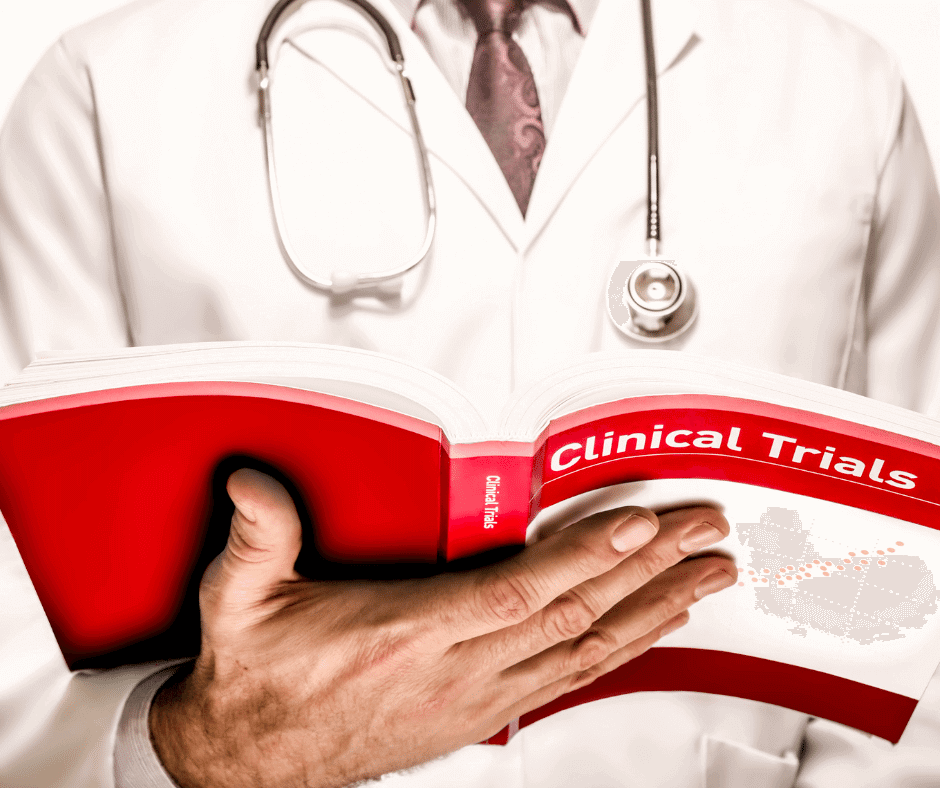A clinical trial for medical devices can be defined as a systematic research or study in humans, conducted to evaluate the safety or performance of the product. Mexico can be an interesting country to perform such clinical trials, not only because of the lower costs and reduced timelines compared with other nations, but the great offer of institutions who can carry them.
Clinical trials in Mexico are regulated in the Federal Law of Health and Regulation from the General Law of Health on Research. Both documents, consider research activities related with the study and development of medical devices involving human beings. The Mexican Ministry of Health oversees that those clinical trials are performed within an ethical framework with the aid of COFEPRIS, who must approve any clinical trial before it is conducted.
To make those rules clear for researchers and institutions, COFEPRIS has established a series of rules and guidelines to request the authorization of these studies. In this article, we summarize the main points to consider to set up a clinical trial for medical devices in Mexico.
Protocol
The first point to take in mind is to prepare the research protocol, a technical document containing the purpose of the clinical study and an objective analysis of all the involved risks. This document also includes the number of patients, devices to be used, inclusion criteria, surgical procedures, expected results and others. In practical terms, follow any international standard to prepare a clinical protocol is well accepted in Mexico, particularly for multicentric studies.
Health Institution
Once the research protocol is defined, it is necessary to establish where the clinical protocol will take place. It may be a hospital, clinic, research institution, etc. There are legal requirements for such Institutions as the Sanitary License, which is a document COFEPRIS provides to the Health Institution and it is independent of the protocol.
Sponsor
The sponsor is the entity who will provide the funds, devices and the managing resources for the clinical trial. This company must not have conflict of interests during the studies and also needs to keep a close communication with the research leader and the team involved.
In regulatory terms, the sponsor is generally the owner of the COFEPRIS clinical trial authorization. We will talk more about this document in the end of the article.
It is also important to mention that even if the sponsor is a foreign company, it must have a subsidiary in Mexico or work with a Mexican entity holding a Health license or operation notice. That Mexican entity will be the legal sponsor.
Research Leader
The research leader is a healthcare professional with proved experience. This person oversees the whole clinical protocol and the team of investigators involved in the study. It is worth mentioning that COFEPRIS will require a detailed resume of the research leader and the team. Physicians are generally unaware of those legal requirements and could accept to work in the protocol without having certifications proving that experience. We recommend requiring evidence of those documents before any agreement with the research leader or her/his team takes place.
Committees
An essential part of the clinical protocols are the committees. These are boards of professionals within the Health Institution where the clinical trial will be performed. There are different committees required:
- Ethics committee
- Investigation committee
- Biosafety committee
It is worth mentioning, that those committees must be part of the hospital where the clinical trial takes place. They also must have an updated authorization to operate. We also recommend requiring such authorizations, in addition to the sanitary licenses of the Hospital, before signing any agreement.
Submission
Once the health institution, research team and committees have been identified, it is necessary to prepare the submission dossier. This is a set of documents including the protocol, manual for the investigator, manual of the product and all the licenses from the institution, research team and committees.
Once all the requirements are gathered, the request is submitted to COFEPRIS with the code COFEPRIS-04-010-C with another administrative requirements, including the payment of fees. The sponsor is generally the entity who carries this process.
Once the dossier is submitted, COFEPRIS will evaluate it. Once approved, it will be listed in the National Record for Clinical Trials, a public database for authorized clinical trials. It is possible that COFEPRIS prevents the submission requiring more evidence or even an interview to further clarify the protocol
An important note to consider is if the medical device to be clinically tested is foreign made. In such cases, it must be imported to Mexico through an Import Permit for this type of use (Medical devices for human subject research). This import permit can only be requested once the protocol has been approved by COFEPRIS.
Conclusions
Mexico can be an appealing place to conduct clinical trials for medical devices, due to the low costs compared to other countries and the well-respected Health Institution offer. However, regulations may become complex, specially for foreign and inexperienced companies. If you need more information regarding clinical trials for medical devices in Mexico, feel free to contact us at contact@veraqueconsulting.com.

